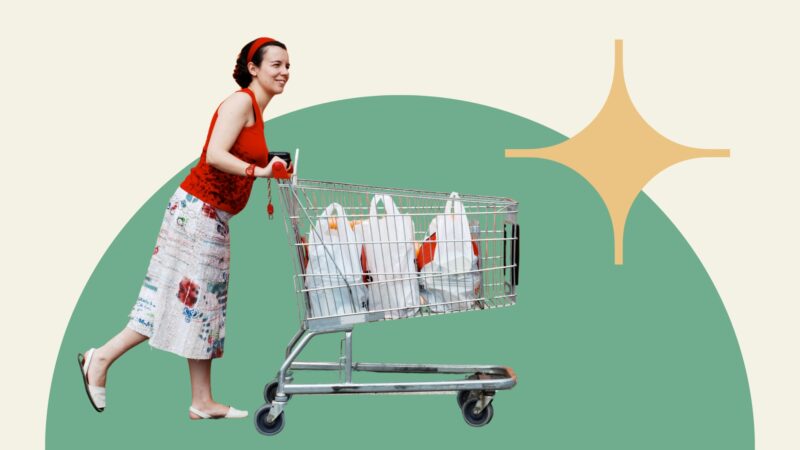Public Options
Opening the Door to Public Grocery Stores
07. 09. 2025
Evaluating whether public grocery options could meet food access needs in Illinois communities.

Prepared April 2024 for the City of Chicago
Economic Security Project commissioned this report in collaboration with HR&A to support applications to the Illinois Grocery Initiative. This feasibility study helped shape the cities of Chicago and Venice, Illinois’ plans to develop public option grocery stores. Since its release, the report has informed public option grocery initiatives nationwide, including in the New York City mayoral race, after finding that public option grocery stores were “necessary, feasible, and implementable.”
The report’s focus on Chicago models various decision points that those interested in grocery public options should consider.
- Municipalities should consider community needs. For example, rural communities may only need a single large store, while a more urban community may need a series of smaller fresh food markets to serve multiple neighborhoods.
- A municipality should consider its capacity to fully construct, own, and operate the grocery store.
In St. Paul, the municipality and residents came together first as volunteers and later as a municipally-owned store to solve their food desert concerns. In both Venice, Illinois, and Atlanta, Georgia, a public-private partnership approach secures grocery store infrastructure as a municipally owned asset that can be leased to an independent, private operator. Both approaches can also incorporate a wide network of actors supporting the effort, from nonprofits actively building and operating co-located investments (Madison, Wisconsin, for example), to philanthropic organizations playing a supporting financial role, like in Atlanta.
Altogether, this report proves opening a public option grocery store is one way for municipalities to address food access and create a cornerstone of the community for future investments. While public grocery stores cannot be the singular one-stop solution to lower costs or undo decades of corporate concentration in the industry, grocers anchor future opportunities for investment in neighborhoods where there were none prior. Access to food makes households more stable, communities more whole, and de-risks future private investment once the public option grocery store matures, establishing new foot traffic patterns. Public options allow communities to bet on themselves–building systems for more local hiring, contracting, and catalyzing indirect investment.